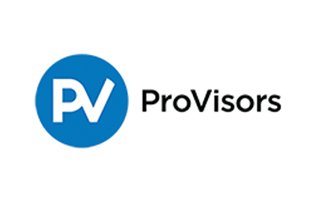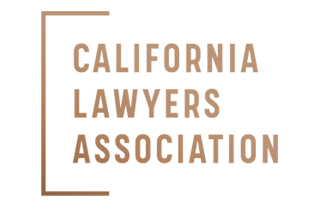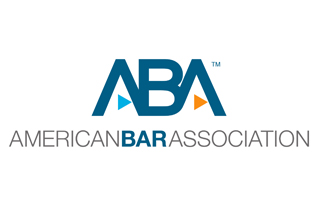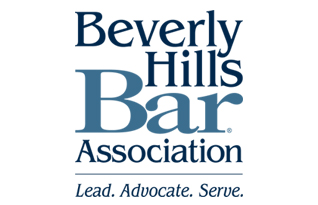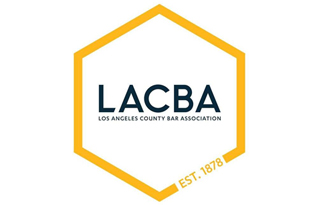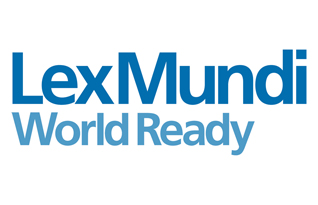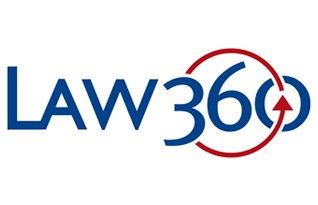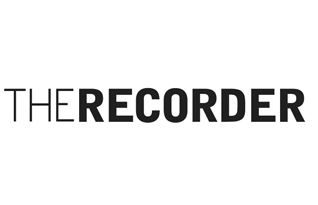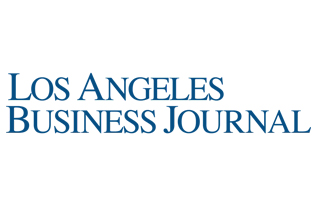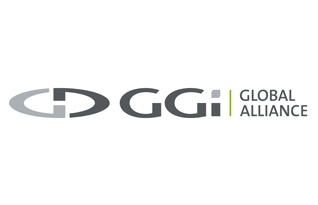By: Bradley Zint, California Business Journal
July 27, 2018
When Jonathan Fitzgarrald and his consultancy firm, Equinox Strategy Partners, started working with a Los Angeles-based law firm, he noticed an attorney there who seemed to have a lot of undiscovered potential.
Susan Jones was in her early 60s and had spent her entire career as a service partner and someone who performed excellent legal work for clients who were brought to the firm by the firm’s other attorneys.
“She never had clients of her own,” Fitzgarrald says.
So Fitzgarrald began working with her, taking her through Equinox’s training and coaching program. Together, they identified what differentiated her in the market, her expertise, and the professionals in her network.
“We started having her, within her comfort zone, reach out to these professionals that she had built a relationship with over a number of years but had never approached directly for work,” Fitzgarrald says.
The results were astounding. She went from having no business of her own to, three and a half years later, being her firm’s No. 2 revenue generator last year. In effect, she went from having no book of business to a multi-million-dollar practice.
“Susan didn’t realize she had business getting capabilities,” Fitzgarrald says.
He says in cases like one referenced above, the client goes from feeling dependent upon others to being the problem solver — “the person with the solution,” as he says.
“The confidence level that Susan has now is unbelievable,” he adds.
Finding such untapped potential in a person is one of many outcomes Equinox Strategy Partners can provide. The Los Angeles- and New York-based firm, founded in 2015, specializes in creating business development strategies, individualized coaching and group training.
Equinox offers a 12-month program, with a regular mix of individual and/or group training. Fitzgarrald prefers to do everything in person.
“There is a dynamic when you’re face to face,” he says, adding that as much as 90 percent of communication is non-verbal.
“Over the phone or even on video conferencing, you’re missing out on an overwhelming majority of what is being taught,” he adds.
Training topics may include overcoming fears of business development, the critical role of trust in client development, resiliency, the generational divide, persuasion, reputation management, the art of “the ask,” leveraging LinkedIn and other social media platforms for new business, and crafting the right strategy.
Business development is absolutely essential, Fitzgarrald stresses, as are ways to measure its success or weaknesses.
“If you do not have a plan, you’re lopping around like a fish out of water,” he says.
Fitzgarrald notes that many of his professional service firm clients have interest in growing their businesses, just not the skill sets to do it. Then there are those who can grow their business, but they don’t realize it.
“I’ve got to be able to draw it out of them,” he says.
The consultacy’s name — Equinox — relates to the point at which the sun and the moon cross. “From a business perspective, it relates to growing a practice — concentric circles that have to overlap for growth to occur,” Fitzgarrald says.
He sees the picture as three main circles: defining your expertise; educating the marketplace to demonstrate you have the expertise; and leveraging relationships with professionals who can hire or refer you business.
“When all of those three elements occur at the same time, when there’s an equinox – and that’s when a professional grows,” Fitzgarrald says.
Fitzgarrald comes from a family of entrepreneurs, including his father, who was a professional horse trainer and instructor.
“I knew at some point in my career that I wanted to sow my entrepreneurial roots,” he says.
After graduating from Brigham Young University, Fitzgarrald spent nearly 20 years in house at various firms, directing business development, marketing, public relations and communications. Of those years, he spent nearly eight at Greenberg Glusker, a full-service law firm, as its Chief Marketing Officer.
By 2015, Fitzgarrald says he saw a market demand for business development coaching and training. Thus, Equinox Strategy Partners was born.
“There are more providers of business services than there is work,” he says. “Firms have to compete — no longer can they rest on their reputations and expect the phone to continue to ring.”
Fitzgarrald notes that younger generations of professionals — particularly Gen X and Millennials — are interested in feeling independent. “They want to leverage their relationships from school, from growing up and from family. They want to be more in control of their lives,” he says.
Fitzgarrald calls contacts “the new currency.” Working with people you already know, whether that be those in your Outlook contacts or on LinkedIn, feels much more comfortable, not like a more traditional “icky” sales model.
“The environment is rewarding to those who get out and make deals happen, not those who wait for the phone to ring,” he says.
Fitzgarrald is Equinox’s Managing Partner, which makes him like the quarterback of his firm, choosing which of his professional employees to leverage for each opportunity. He also maintains a busy writing schedule and speaking tour, giving as many as 60 group speeches a year. When writing, he chooses discussion topics from challenges he sees. He assumes if one of his clients is having a problem, others are too.
Bhavik Patel, Managing Partner of a St. Louis-based law firm, is in his second year working with Fitzgarrald and Equinox.
“Jonathan has successfully coached attorneys at all levels of our firm, from some of our most senior partners to associates,” Patel says. “The business development boot camp program has compelled our attorneys to be more targeted in their outreach to prospects, clearer in communicating their value and more intentional in identifying ways to collaborate with each other, including attorneys not currently in the program.”
Patel says the results speak for themselves: approximately $2 million in new revenue for the firm in its first year. “We hope results for year two,” he adds, “will be even better.”



